I saw recently that even one of your newer fans brought up that you’ve been in the scene a long time, like since you were 12, right?
MP: When I started making music I was like, 12 years old.
Well you still had some fairly legit gigs before even graduating high school. What do you think about some of the new artists nowadays who’ve gotten a similarly early start – like Martin Garrix, Porter Robinson, or Danny Avila?
MP: I think it’s really cool. I’m jealous, I wish I could have come up that fast. It’s been a much longer path for me. There are so many more tools to work with now, there are so many more resources. There are so many more ways to be influenced and inspired by music right now so it’s such a different ball game.
The barrier to entry when I started was really expensive. You’d save up $2,000 for a sampler. I remember in high school I had to pay for remix fees, ‘cause I did a bunch of remixes on spec. And it wasn’t, like – you didn’t have to get a laptop anyways, but you could buy a cheap PC for $600.
But yeah it’s really cool, it’s amazing to see the spike that these guys can have, and the way that they can make great music. It’s a good thing. I’m definitely a fan of Martin Garrix; everything he’s doing has been amazing.
Since you do have this status as an elder statesman of sorts who’s stayed relevant, what would you say have been some of the biggest challenges in your career during the recent EDM explosion alone?
MP: I think the hardest thing is sustaining success. Anybody can get a hit record, but the challenge is having that hit record every year, really making sure you’re taking care of your fans, and serving them. It’s a lot of work. You’re juggling multiple full-time jobs. The social media is a full time job, just doing the mixdowns is a full-time job, traveling as a DJ is a full-time job, so you’ve got multiple full-time things going on, and you really do need a good team for that, but you have to juggle all of them.
I think that’s the biggest challenge, like where do you put your time, and what are your goals, like, where do you want to be after ten years of doing it – or twenty years. And even bigger than that, there’s more saturation than ever, and really good music is not even getting its dues, not even getting out there. For every song that goes viral, there are a thousand amazing songs that you’ll never hear.
Yeah, you said that there’s less of a barrier of entry, but in some ways there’s a bigger one.
MP: Yeah, now it’s like a barrier of attention.
Exactly! That’s a good way to put it. Lastly, I know you’ve just released an album, but do you have any more stuff in the works or are you just focusing on touring?
MP: Oh yeah, I’ve been out gigging for a while but it was done earlier in the year, so I’ve got about 60 or 70 drafts for the next one. Those aren’t songs; those are melodies, chord progressions. Maybe it’ll be early next year for the album, but it won’t be another three years.
It’s gonna be something different, and it’s always a tricky balance because you wanna be able to play some of the album out live, but not all of it, but there’s a very narrow framework in terms of progressive house and future house. I’m very particular about what works on the dance floor, so that’s always a thing that I wrestle with. Do you have to just make everything work on a dance floor, or can you make it work for other environments and be successful with that?
That concludes our Morgan Page interview, but we’d like to thank him for his time and look forward to the upcoming releases to be featured on his next album.


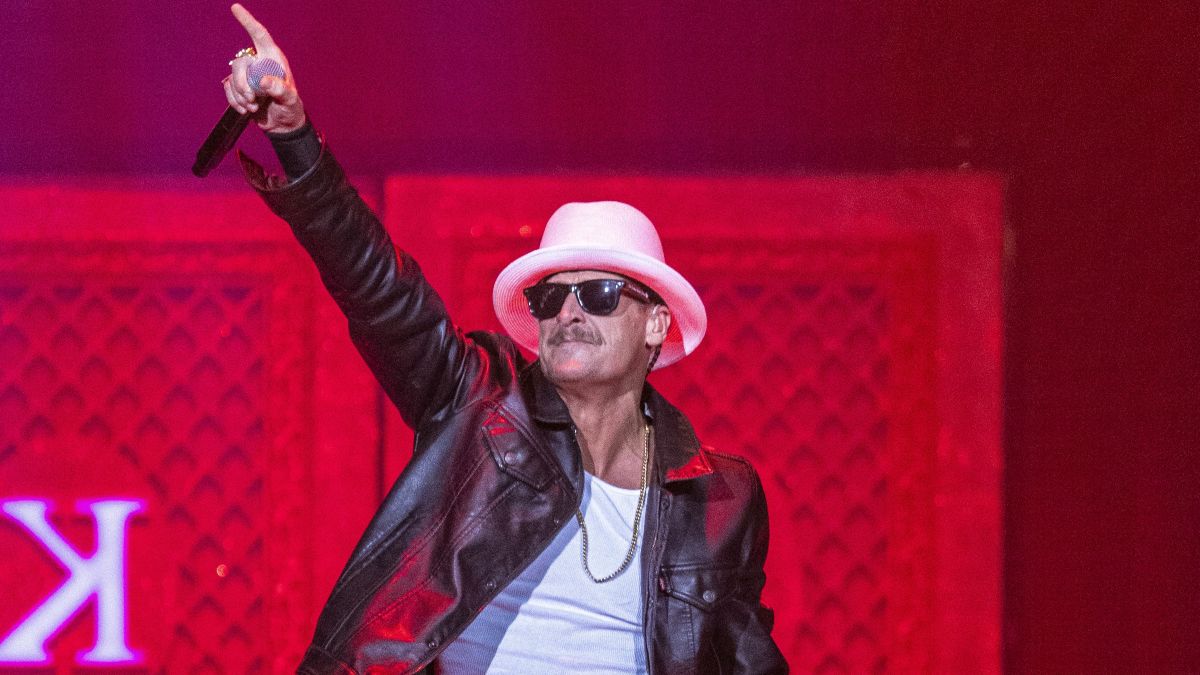
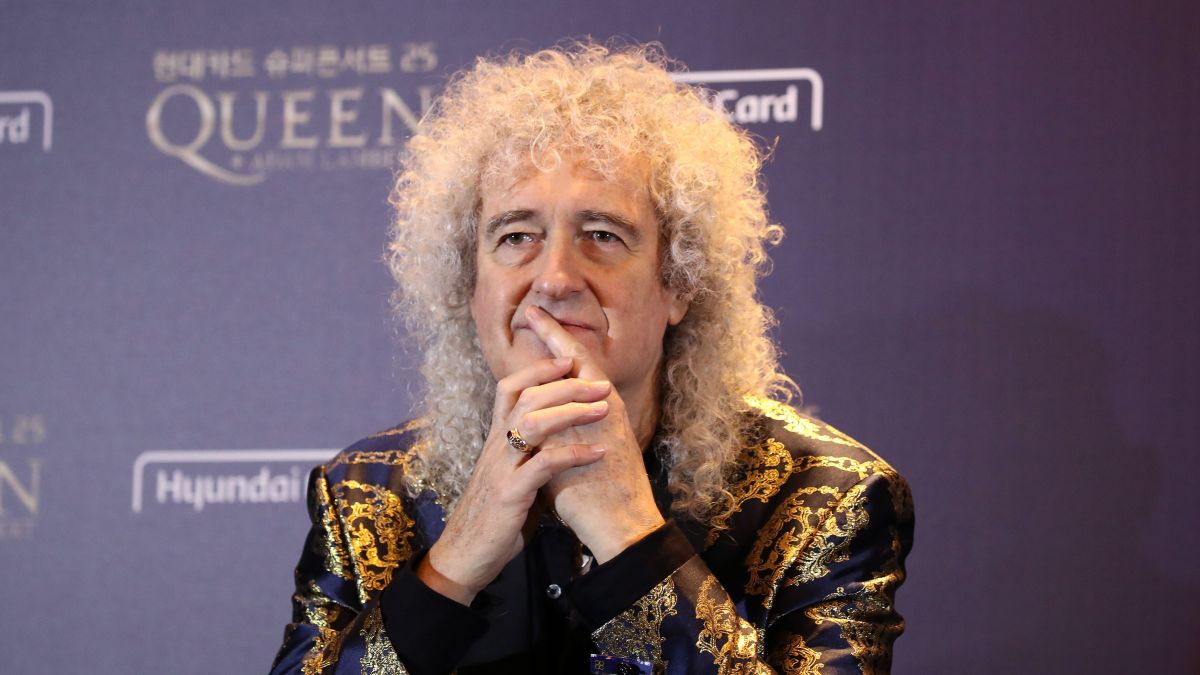
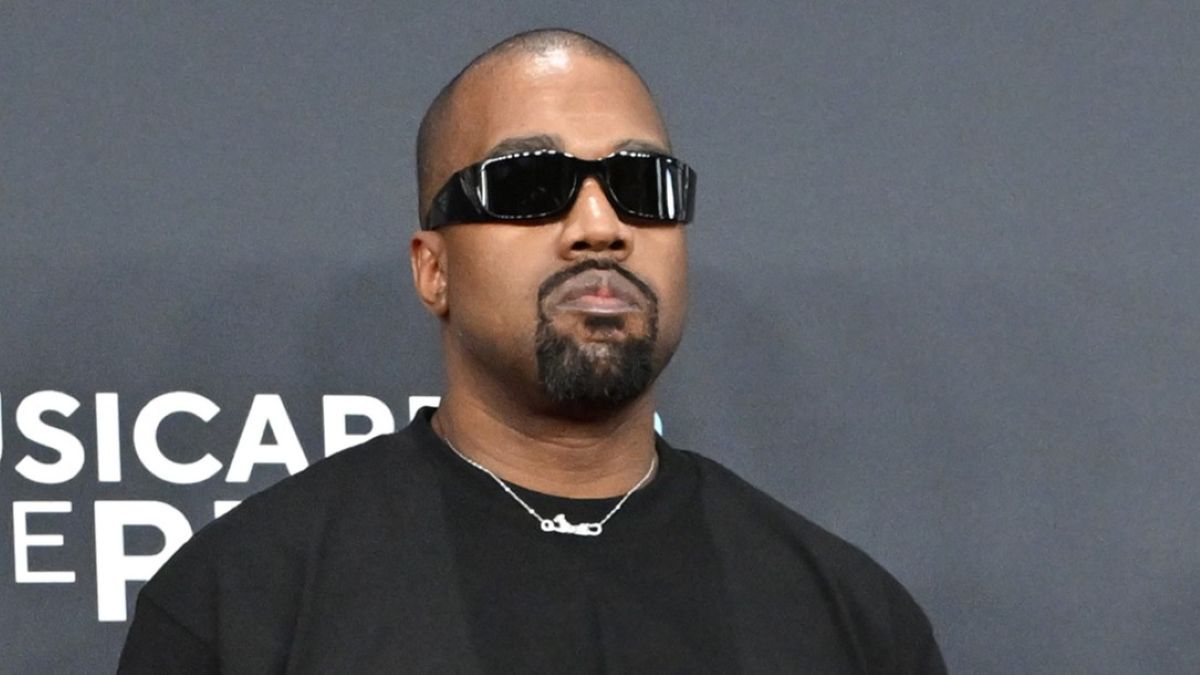
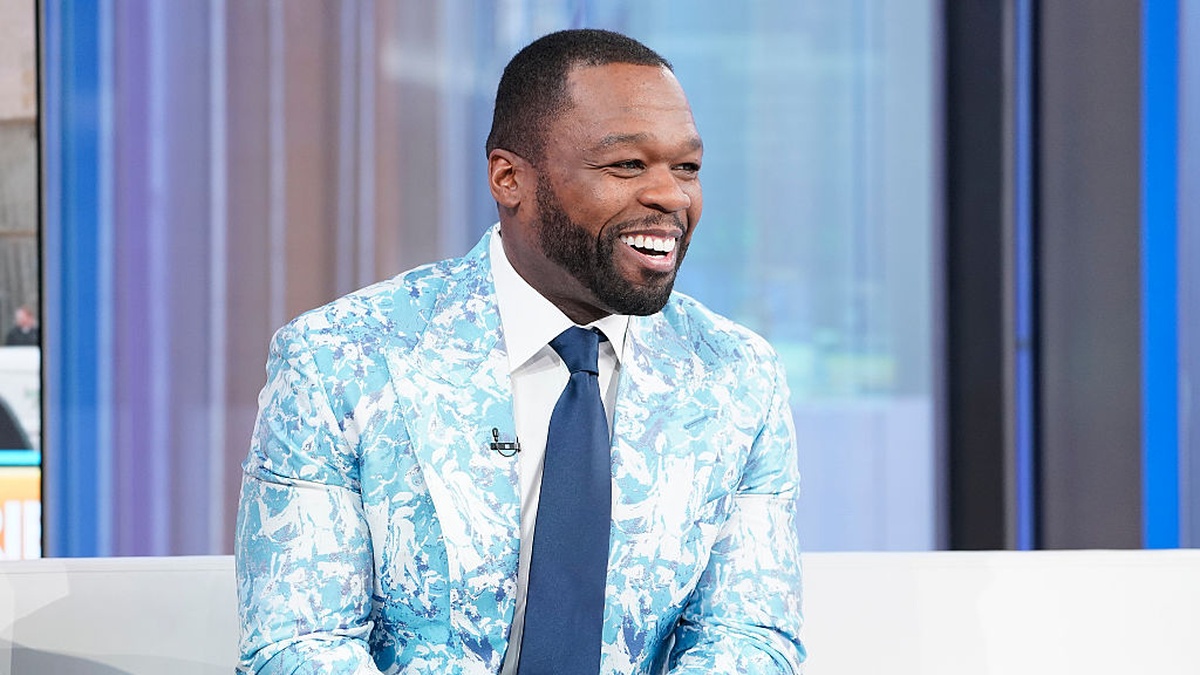
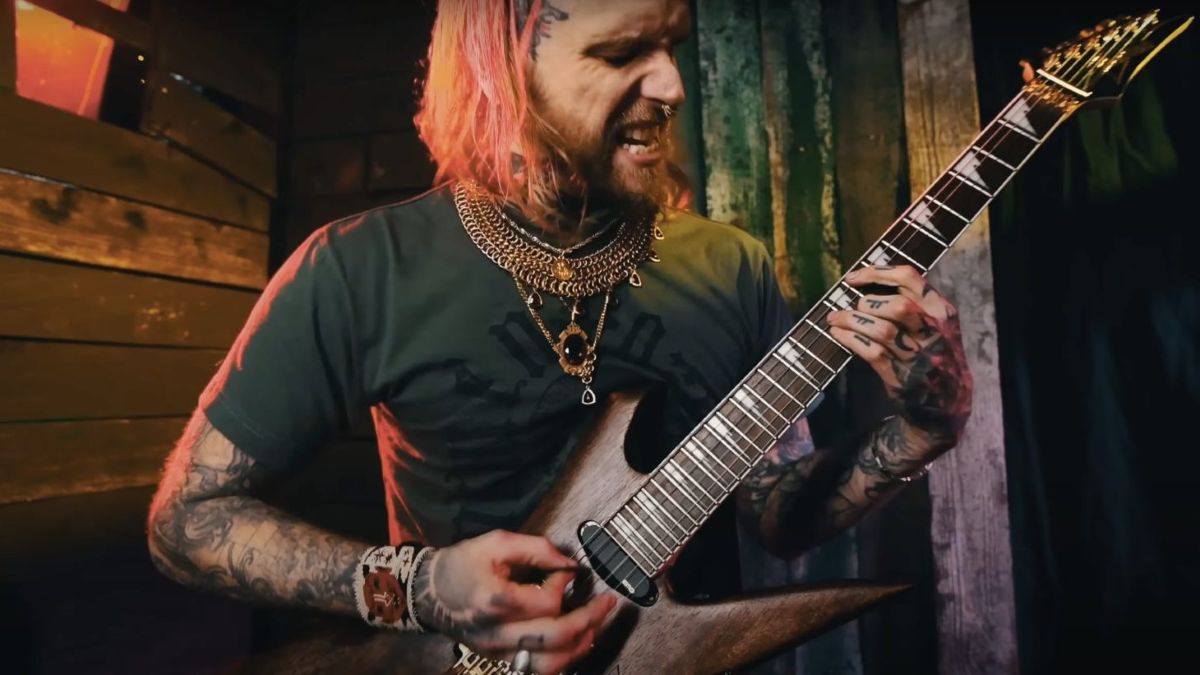
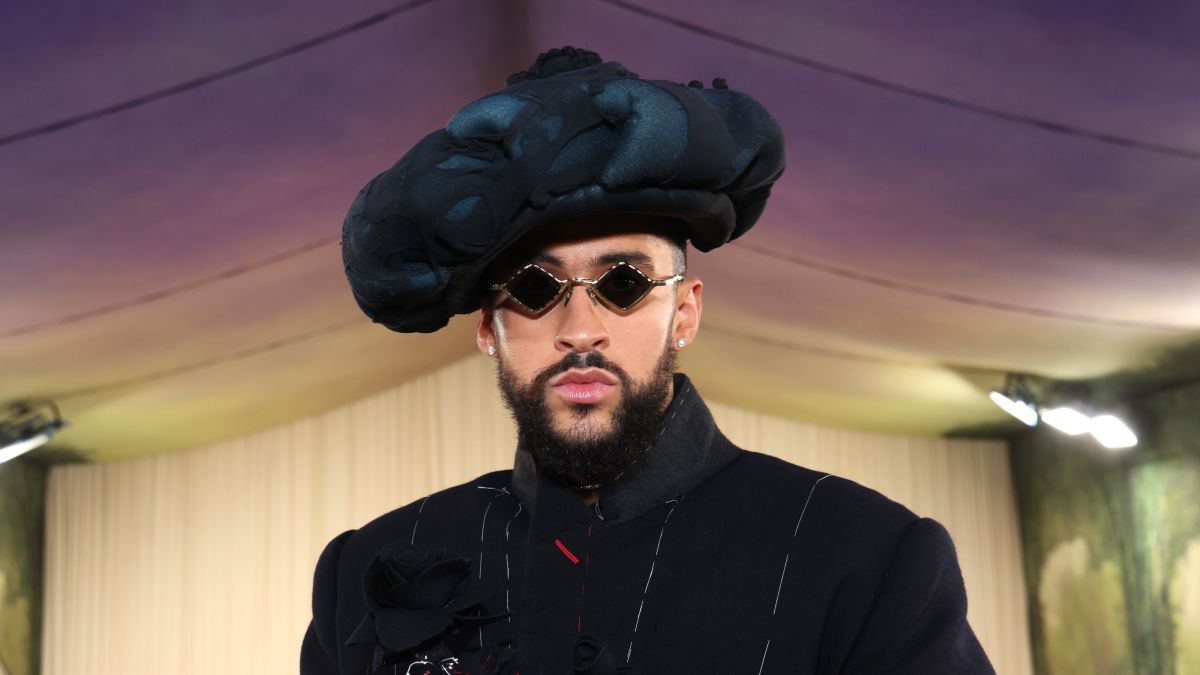

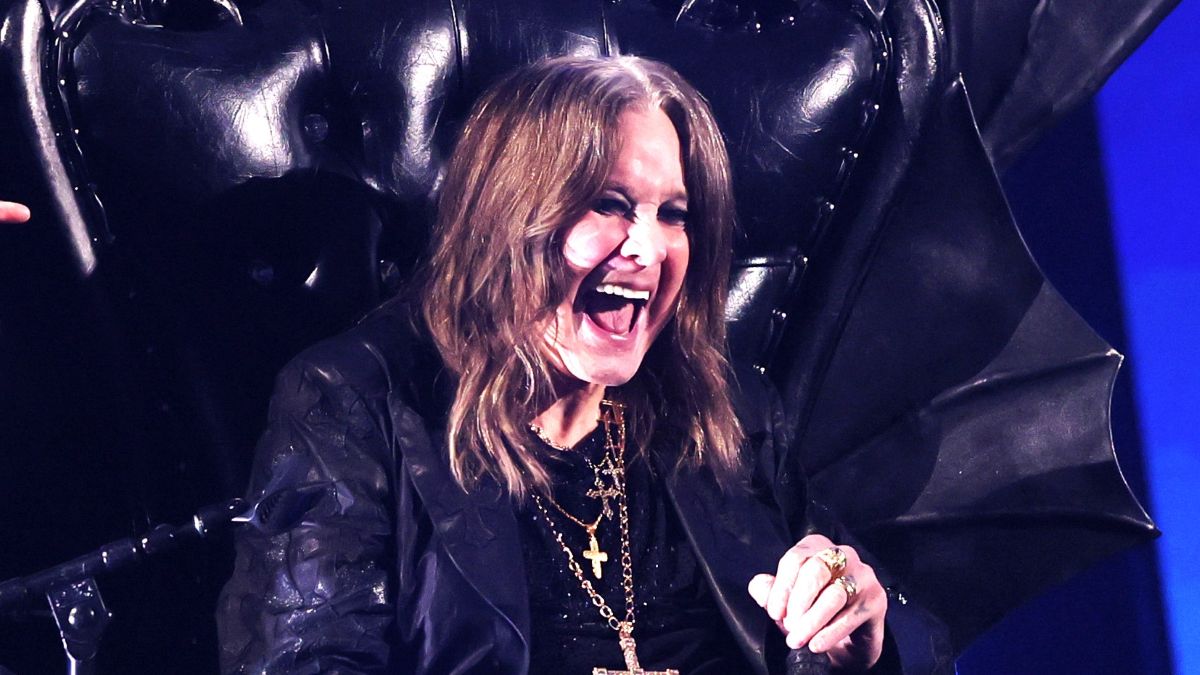
Published: Jul 1, 2015 12:36 pm